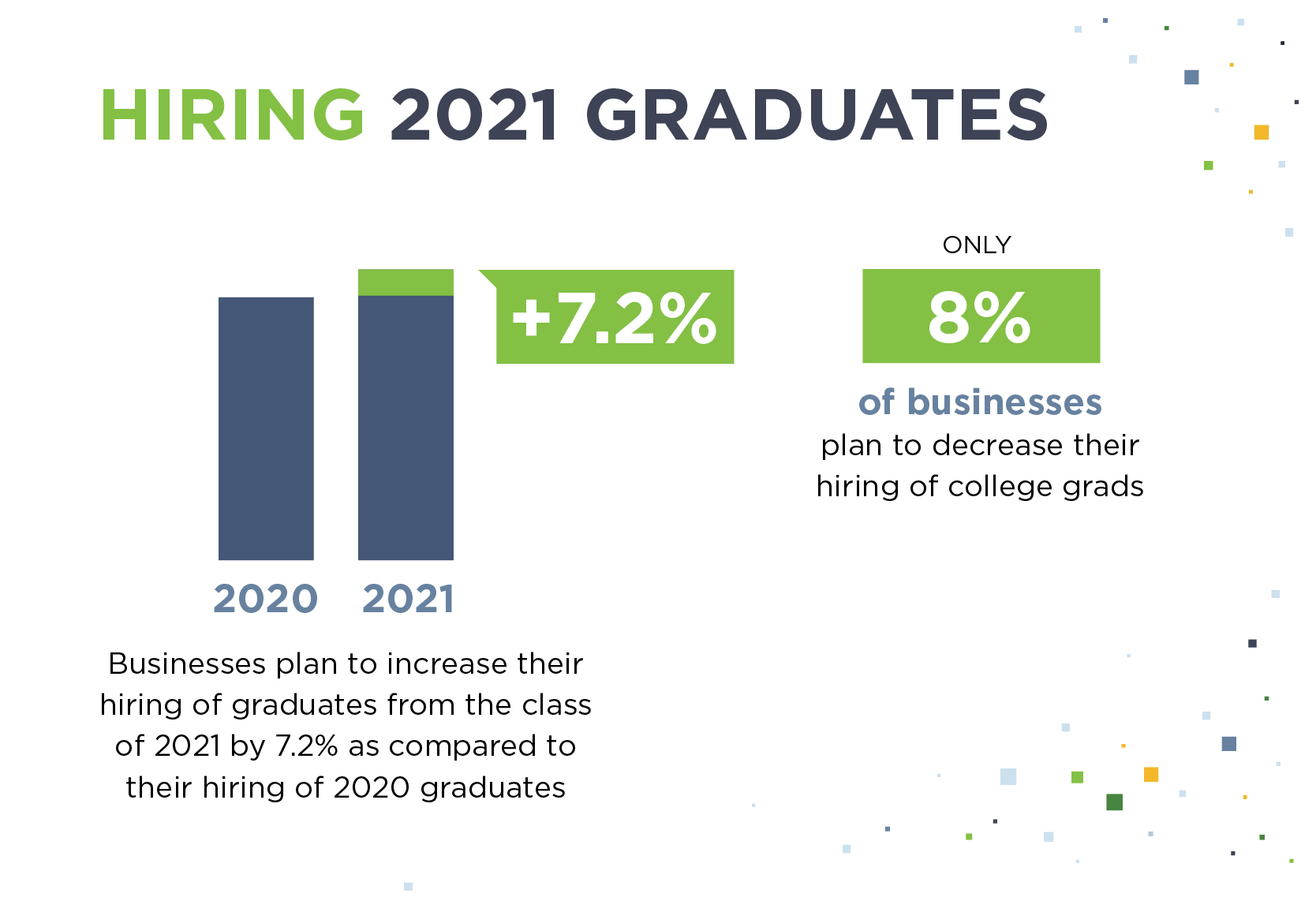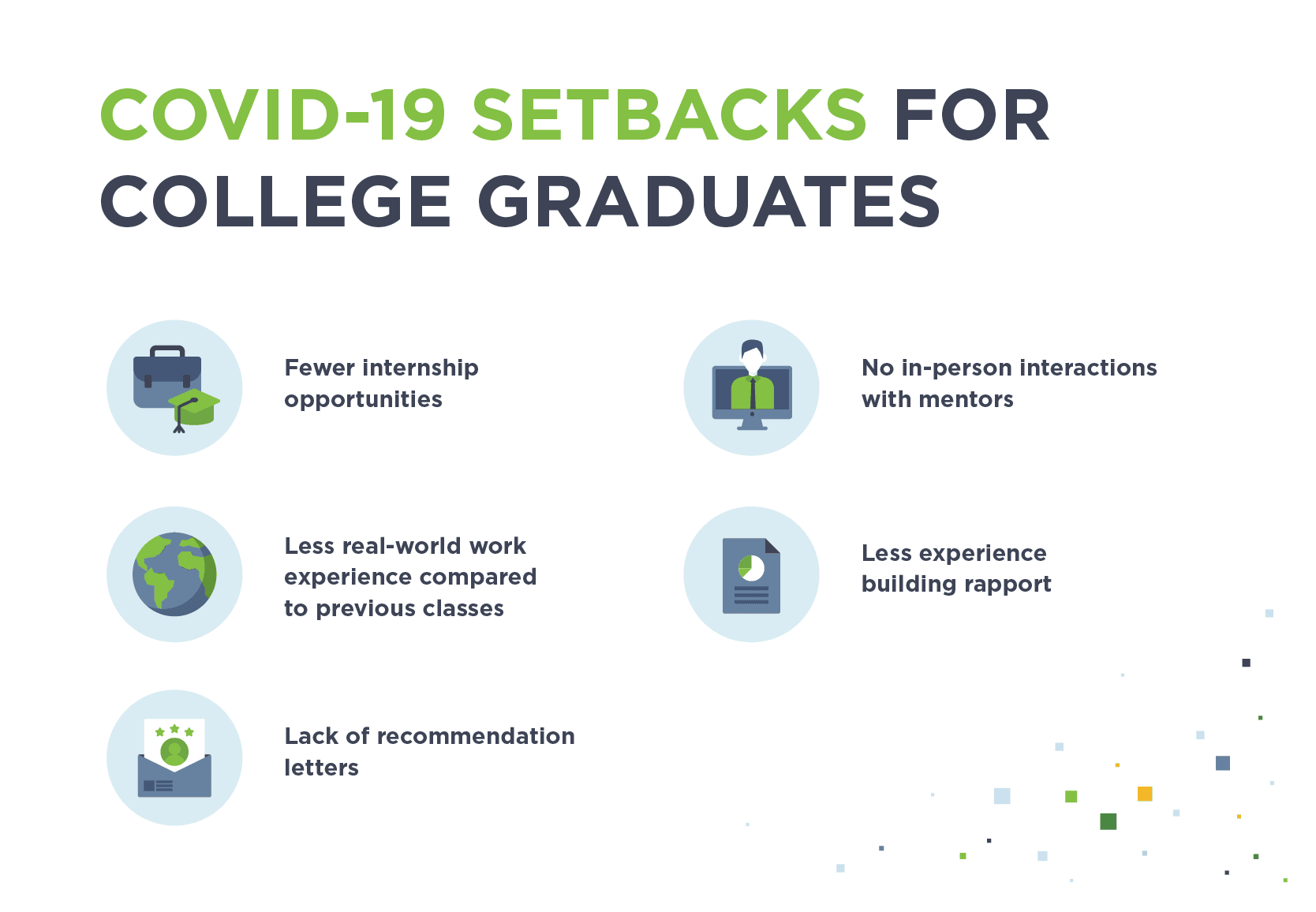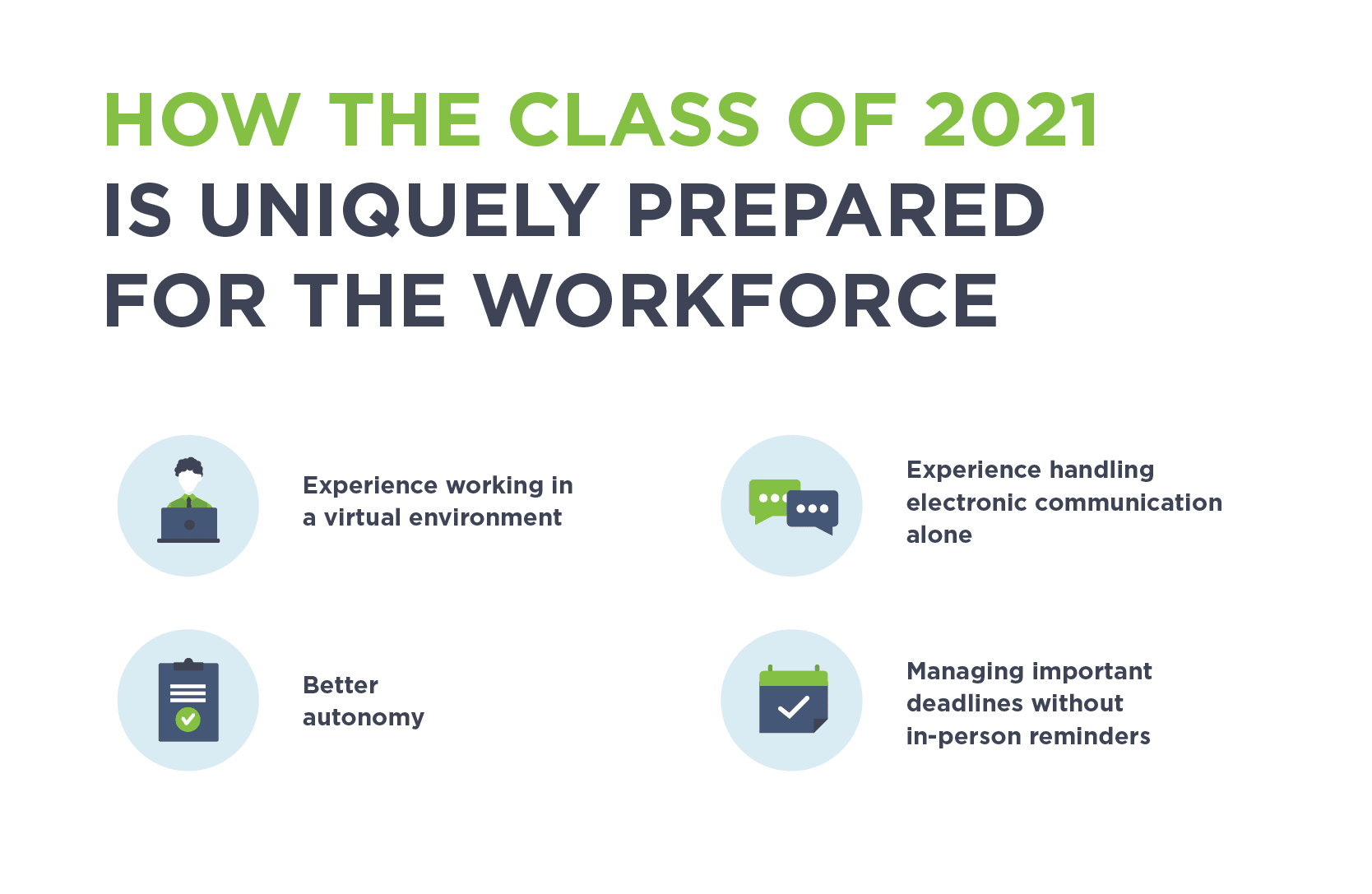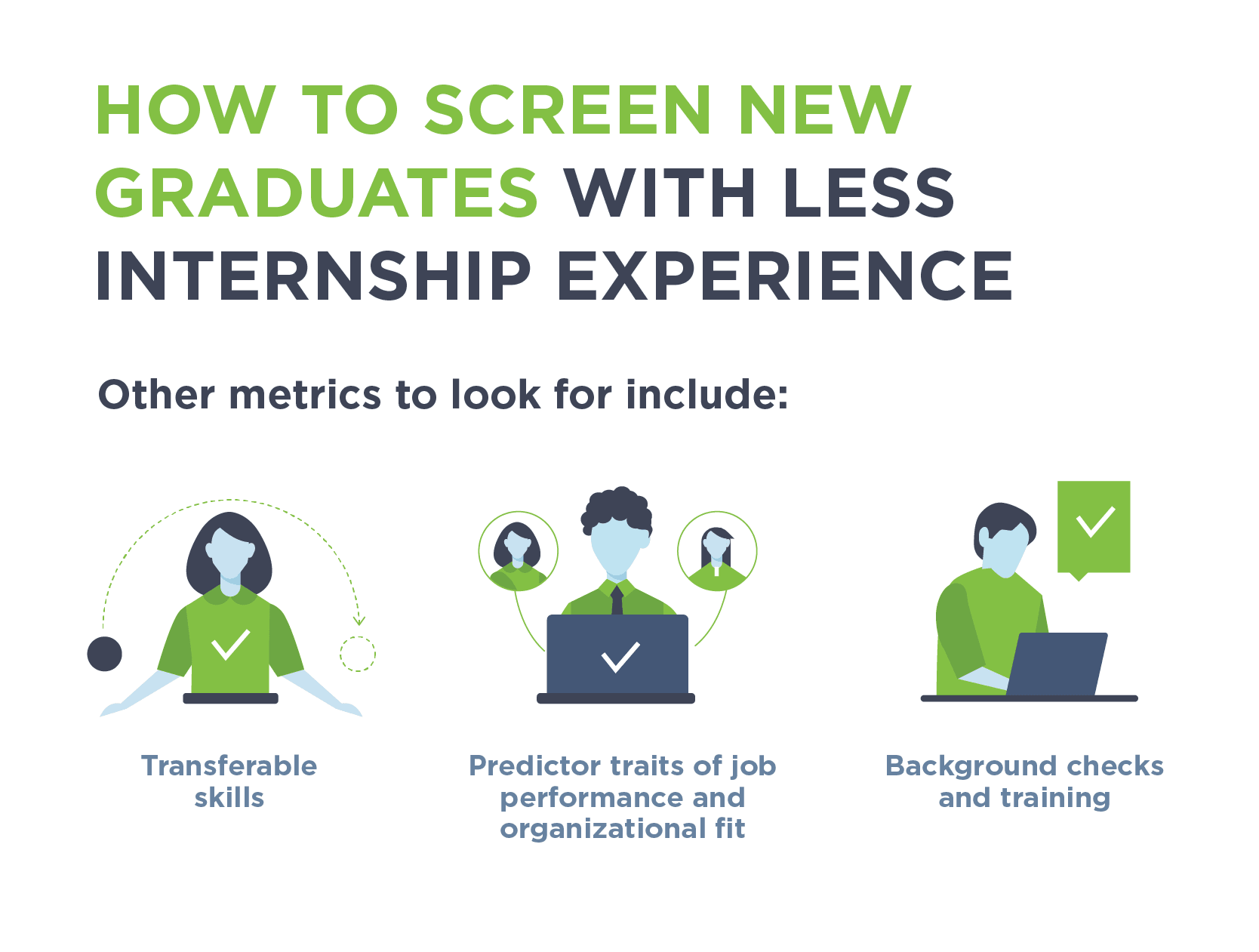Top 15 Best Background Check Services in 2025
Discover the best background check companies for both employers and individuals.
Resourcesarticles
Sara Korolevich
10 min read
Click a chapter to scroll directly to it.
Businesses plan to increase their hiring of graduates from the class of 2021 by 7.2% as compared to their hiring of 2020 graduates, according to the National Association of Colleges and Employers (NACE).
After the height of the COVID-19 pandemic, increasing vaccination rates and a positive economic outlook have improved employers’ optimism. In fact, only 8% of businesses surveyed by NACE planned to decrease their hiring, with the vast majority, 63%, planning to maintain or increase their workforce.

If your company is one of the many businesses planning to secure new talent from the class of 2021, make sure you best evaluate candidates who finished their degrees during the pandemic with the help of background checks.
This is your guide.
While college graduates from the class of 2020 graduated into a tough job market, those from the class of 2021 have faced other challenges.
These include:

Conversely, the class of 2021 may be uniquely prepared for the workforce. Attending school and graduating in a pandemic equipped them with the following valuable skills:

So, how can you effectively evaluate these candidates?
Without substantial workplace experience, it’s tempting to rely on concrete rubrics like GPA and test scores to evaluate your candidates. However, top companies like Google have found that these metrics aren’t usually measures of employee success.
While it’s important to create criteria to narrow your pool of candidates, this year, try looking beyond the numbers.
New graduates may not have concrete work experience doing the specific tasks at your place of business, whether that’s compiling research for client pitches or working on a coding team.
But the skills they’ve gained through coursework and extracurriculars could still smoothly transfer to their new roles.
Beyond a relevant academic major, look for the following experiences (or ask candidates to highlight them in their cover letters):
Interestingly, the American Psychological Association has found that intelligence is not the main indicator of workplace performance. Instead, individuals tend to excel based on personality and disposition.
Personality also plays a crucial role in organizational fit, another key factor in employee success.
Depending on positions you’re hiring for, you may want to identify candidates with the following traits:

You’re likely conducting remote interviews, which are easy to schedule back-to-back. Take advantage of technology to widen your pool of candidates and conduct more interviews than usual. That way, you’ll have the opportunity to suss out personality, openness, and other positive traits.
You may even find some candidates who would have slipped under the cracks in previous hiring seasons.
Once you’ve narrowed your pool of prospective candidates, it’s time to consider your HR processes.
You have less information on these employees, which makes it important to conduct a background check, which could include a Professional Reference Check as well as Education Verification. For college graduates with little to no work experience, a professional reference check may be conducted with a mentor, advisor or professor—someone who is able to provide insight into the candidate’s strengths, performance, characteristics (e.g. honesty, trustworthiness, adaptability, etc.), communication style, work ethic and more.
Likewise, these recent grads have less real-world work experience than previous hires. That means your company should design a more intensive onboarding process to get them up to speed.
With limited information on applicants from the class of 2021, it’s essential to run background checks before you put your new hires to work.
GoodHire’s FCRA compliant background checks have enabled more than 80,000 businesses to evaluate their candidates and clear the onramp to hiring. Beyond security, GoodHire provides speed. 71% of customers find that GoodHire empowers them to reduce the time spent processing background checks.
GoodHire offers basic, standard, and premium background check packages, while also providing the flexibility to easily create your own packages based on your company’s hiring needs.
Check out GoodHire and get your class of 2021 candidates into the workplace with full confidence.
The resources provided here are for educational purposes only and do not constitute legal advice. We advise you to consult your own counsel if you have legal questions related to your specific practices and compliance with applicable laws.
Follow Me
As GoodHire’s managing editor, Sara Korolevich produces educational resources for employers on a variety of employment screening topics, including compliance and screening best practices, and writes about GoodHire’s company and product news. Sara’s experience stems from 20+ years working as a B2C and B2B PR and communications professional.
Discover the best background check companies for both employers and individuals.
A “failed” a background check doesn’t necessarily mean you shouldn’t hire the candidate. Follow these five steps to make an informed decision.
Learn how to run a background check for employment to make informed, fair, and compliant hiring decisions